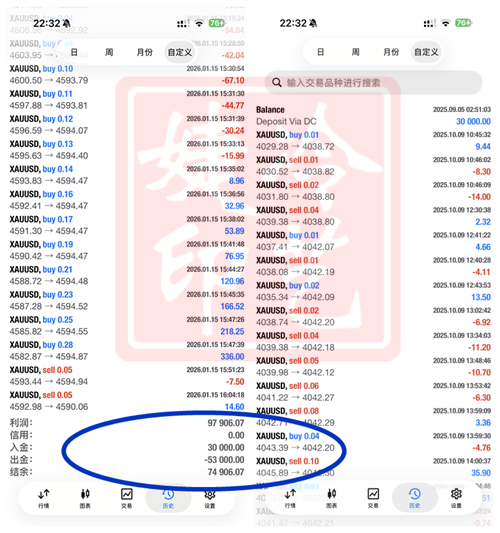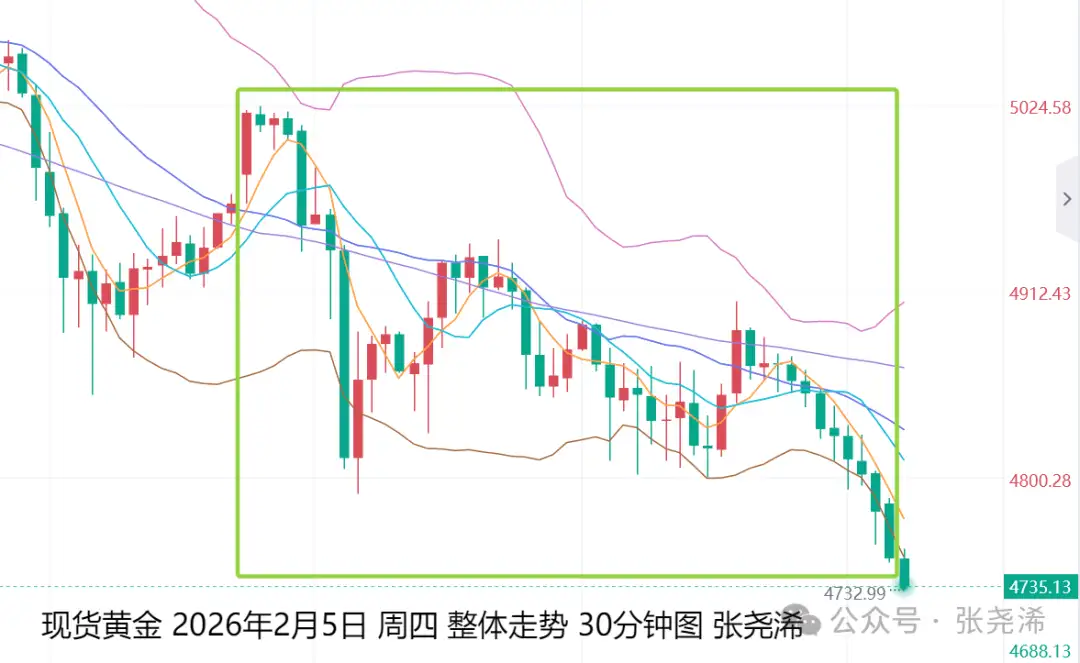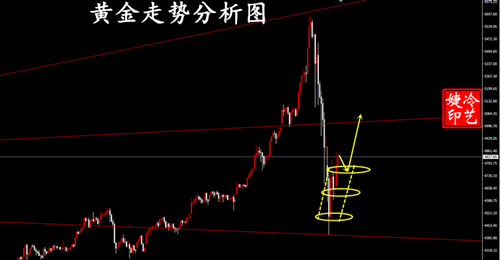按照集资炒外汇最新骗局: revealed the dangers of pyramid investment in forex trading
In the ever-rolling wave of global economic opportunities, forex trading has emerged as one of the most lucrative and accessible investment avenues for individuals worldwide. However, with the rise of pyramid investment schemes, the world of forex trading has also become increasingly treacherous. One such scheme that has garnered significant attention recently is the "按照集资炒外汇" (pyramid investment in forex trading). This article delves into the intricacies of this fraudulent scheme, highlighting its mechanisms, the latest scams, and how investors can safeguard themselves from falling victim to these traps.
Understanding Pyramid Investment in Forex Trading
Pyramid investment schemes operate on the principle of exponential growth, where participants are required to recruit new individuals to their downline to sustain the scheme. In the context of forex trading, this means investors need to bring in new traders who are promised higher returns than what they initially invested. The structure of a pyramid investment is hierarchical, with the top few individuals (known as "founders") controlling the majority of participants.
One of the most common forms of pyramid investment in forex trading is the "chain letter" scheme, where participants are given a letter containing a recruitment list. They are instructed to distribute this letter to as many people as possible and recruit new members to their downline. The scheme promises high returns, often achieved through the manipulation of forex prices.
Another prevalent form is the " Leveraged forex trading" scheme, where participants are encouraged to leverage their trades to achieve higher returns. However, this often leads to excessive risk-taking, which can result in significant losses for many participants.
The Latest Forex Trading Scams Based on Pyramid Investment
In recent years, forex trading has seen a surge in pyramid investment scams, all too similar to the classic pyramid scheme. These scams often operate under the guise of legitimate forex trading opportunities, but they are anything but genuine. Here are some of the latest scams:
1. False Promotions: Many pyramid investment schemes in forex trading are promoted through misleading emails, websites, or social media posts. These promotions often promise high returns with minimal risk, luring individuals in with the hope of quick wealth.
2. Naked Promotions of Forex Signals: Some schemes promote the use of forex signals or trading tools, claiming that these signals can significantly boost returns. However, these signals are often pre-fabricated or manipulated to cater to the needs of the scheme's promoters.
3. Unrealistic Return Promises: One of the most common tactics used in pyramid investment schemes is the promotion of unrealistic return rates. Traders are often promised returns of 100% or more, which is far beyond the capabilities of forex trading.
4. Company Registration Scams: Some schemes operate by incorporating fake companies under aliases like "forextradinggroup.com" or "forexinvestments.com". These companies are often registered in offshore jurisdictions with lax anti-corruption laws, making them appear legitimate.
5. High-Tech Appearance: Many pyramid investment schemes in forex trading have a high-tech appearance, with fancy websites, professional-looking graphics, and encrypted trading platforms. This is designed to create a sense of legitimacy and trust among potential participants.
How to Recognize and Avoid Forex Trading Scams
Given the high stakes involved, it is crucial for forex traders to remain vigilant and recognize the red flags associated with pyramid investment schemes. Here are some practical steps to help you avoid falling victim to these scams:
1. Do Your Own Research: forex trading is a highly competitive and dynamic market. Take the time to research legitimate forex trading platforms and companies. Look for reviews, ratings, and testimonials from other traders.
2. Question Unrealistic Promotions: If an investment opportunity promises returns that seem too good to be true, it is likely a scam. forex markets are governed by strict regulations, and no scheme can offer returns that exceed market norms.
3. Avoid High-Tech Appearance: While technology can be a double-edged sword in forex trading, overly high-tech investment schemes are often red flags. Look for schemes that lack transparency and are difficult to trace.
4. Check the Background of the Promoter: In the case of pyramid investment schemes, the promoter often has a history of running similar scams. Conduct a quick online search to verify the credibility of the promoter.
5. Join Forex Trading Groups: Joining online forums and communities where experienced traders share their knowledge can be an invaluable way to stay informed. These groups often discuss common scams and provide tips on how to avoid them.
6. Seek Professional Advice: If you are considering an investment opportunity, seek advice from a licensed financial advisor or a reputable trading platform. Do not hesitate to ask questions and verify the legitimacy of the scheme.
7. Avoid Empty Promises: forex trading requires a certain level of risk tolerance. However, empty promises of guaranteed returns should be treated with caution. The forex market is subject to volatility, and no investment can guarantee consistent returns.
Conclusion
The world of forex trading is a fascinating and lucrative arena, but it is not without its pitfalls. With the rise of pyramid investment schemes, the risks associated with forex trading have only increased. This article has provided an overview of the mechanisms behind these schemes, the latest scams, and practical advice on how to recognize and avoid them. By staying informed, exercising caution, and conducting thorough research, you can navigate the forex markets with confidence and avoid falling victim to these fraudulent schemes. Remember, forex trading is a skill that requires practice, patience, and a healthy dose of skepticism.




